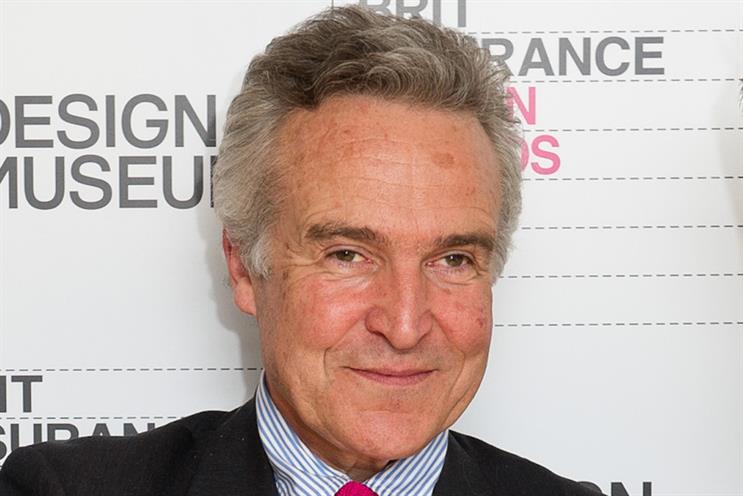
Given my own generous endowment of cussedness, lack of realism, demented optimism, pig-headedness, astonishing lack of empathy, reluctance to compromise, inclination to fantasy, toxic vanity and absolute refusal to co-operate on any matter, I’m well disposed to sympathise with the creatives in agencies.
Often I champion them and have a stump-speech where I talk about the primacy of ideas over admin. Of this I have no doubt. No one cares who was fixed-cost accountant on the Great Pyramid, but we’d all like to know the bedroom habits of the architect. Or put it this way: the name Ettore Bugatti moves the spirit along more positive vectors than Arthur Andersen.
When a government official once asked me how best to stimulate creativity, I said: 'Make it illegal.'
Ideas are what move civilisation along, giving it point, style and meaning. Creative types have lots. Not because it is good for business; simply because it is in their nature. Contrariness is part of the job description. When a government official once asked me how best to stimulate creativity, I said: "Make it illegal." Great artists don’t borrow, they prefer to steal. Criminalising possession and generation of ideas would stimulate even more than the jug of hock and seltzer Byron recommended to poets.
The most superlatively creative type I have ever met was the late, great Paul Arden, who, if any single person can make such a claim, established the critical reputation of Saatchi & Saatchi in its Augustan period. I really liked Paul and we became quite close. We went to each other’s houses and knew each other’s children. Our wives became friends.
I mention this to put into context what follows. Paul was maddeningly exasperating and contrary. SB (charmingly): "Isn’t it a lovely day?" PA (crossly): "What do you mean ?" We had a project to found a business together. Each of us thought this interesting, but third-party advice was unanimous. They said: "You must be out of your minds!" We were. That was the point.
Arden and I would never have got anything done, but would have thought beautiful thoughts. We would have been a Fukushima of high-power futility. So sometimes I wonder whether creativity is over-rated. A lot of people have shapeless, glowing talent, but very few have crisply delineated skill. The workmanlike craft of execution is just as important to the act of genius as the whack-job creative concept.
But there’s another reason to be cautious about pur sang creativity. Today we don’t have many great ads for two reasons. First, we don’t have many great products. It was relatively easy for DDB to make interesting ads for Volkswagen, because the cars were so idiosyncratic; the same with David Ogilvy for Rolls-Royce. It actually was not too difficult to make a case for the Parthenon of automobiles in 1957.
And either as cause or effect of our lack of great products, consumers are fatigued. People simply do not want more stuff. The big challenge today is to be light and free, not to buy a new fridge. As John Ruskin said, every additional possession loads us with new weariness.
So it’s difficult for ads to achieve excellence in such a culture. Factor in advertising’s dinosaur-asteroid relationship with new media, where the greatest innovation is that what was called "popular" is now called "viral", and you’ll agree that The Golden Age of Creativity ended when Paul Arden left Saatchi in 1992.
Still, there are some miniatures of craft that I am currently enjoying: , and product fails to articulate. Or . Small stuff, for sure, but this is not a moment for big ideas.

